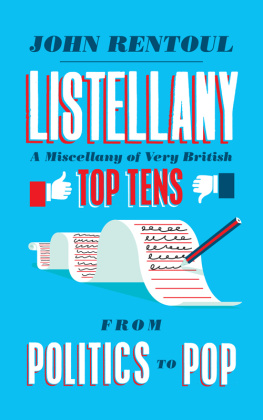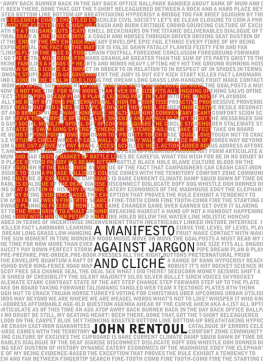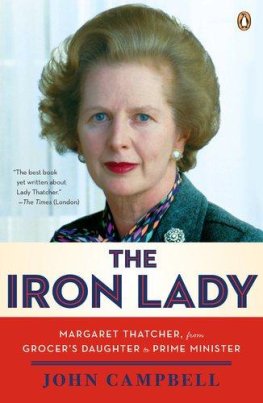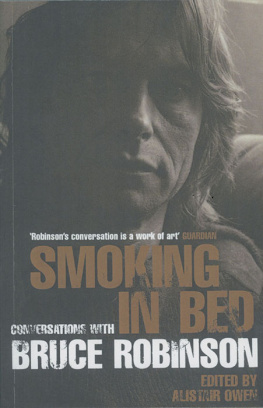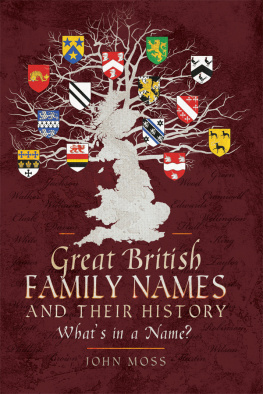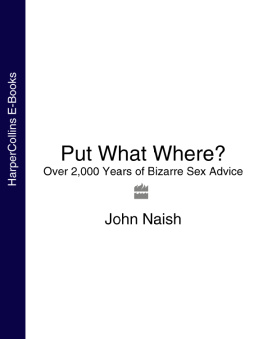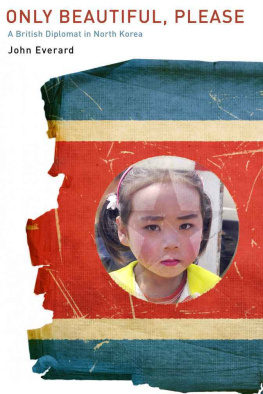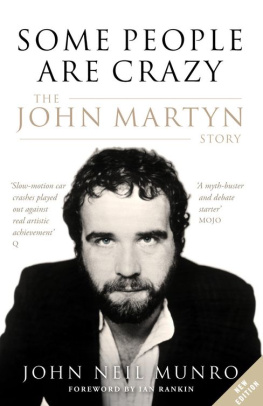LISTELLANY
LISTELLANY
A miscellany of very British top tens, from politics to pop
John Rentoul

CONTENTS
TOP TEN REASONS TO READ THIS BOOK (OR THE INTRODUCTION)
1. Lists are the future of journalism, the internet and therefore the world.
2. Lists are also the past. Ten-item lists in particular have a history that goes back to even before the word listicle was coined. Mosess top ten dos and donts was a handy way of summarising the rules for an entire society.
3. The lists in this book are totally fascinating. Did you know that male and female are not related to each other (deriving from Latin masculus and femella), while man and woman (man and wife-man in Old English) are? If you are not completely entranced by this, you will like something else here. Genuine shop names including Melon Cauli and Napoleon Boiler Parts? Go on.
4. The lists in this book will make you cleverer. Worried about the distractability of the internet? Looking up from the screen after 17 minutes wondering, yet again, what it was you meant to look up in the first place? Here is highly educational material presented in concentrated form, and anyone can pay attention for just ten points.
5. But let us not be purely utilitarian. One of the purposes of education is the joy of learning for its own sake. Herein is distilled the joy of language, music and politics.
6. Also quite a bit of pedantry (tautologies, misquotations), Britishness (the most English remarks of all time, best British place names), literature (best first and last lines) and films (turkeys that are actually quite good).
7. Curiosity is good for you. My friend Ian Leslie has written a whole book about it (Curious: The Desire to Know and Why Your Future Depends on It). I have compiled a whole book of things for you to be curious about.
8. You may have missed one or two of these lists when they first appeared in the New Review, the Independent on Sunday magazine, since May 2013, or you may, having had your appetite whetted, want to see all the things that didnt make the top ten in each category but that are nevertheless brilliant. A bit like how, in the old days, I disdained music that was too popular and preferred my favourite singles to peak in the lower reaches of the Top Forty.
9. There are top tens here that have never before appeared in print: world exclusives listing upbeat songs that tell a sad story, translated tautologies (Sahara means desert, and what not), words that lost or gained an n (such as a norange or an ewt), surnames that have died out and everyday lies (such as It wont take a minute).
10. You want to know about stupid car names, dont you? There really is a car called the Mazda Bongo Friendee.
For more top tens and debates, visit www.listellany.com
UNDERRATED FAMILY FILMS
When I watched The Emperors New Groove again after several years I could not believe what a great film it is. Fine plot, great characters, quick and clever dialogue, uses pre-computer-generated imagery (CGI) brilliantly and yet it is almost forgotten.
The Emperors New Groove , Disney, 2000. Incan emperor is turned into a llama and taught a lesson: majestic.
Basil The Great Mouse Detective , Disney, 1986. Big Ben fight scene, robot mouse Queen Victoria and a peg-legged bat. Whats not to like? It was the first film Mark Wallace saw.
Megamind , DreamWorks, 2010. Unoriginal? I thought it was great, and morally subtle.
Monster in Paris , English version released 2012. Surprisingly affecting dub of the French original.
Jumanji , 1995. Supernatural board game in which wild animals come to life? Sounds dire, but it was Tom Dorans childhood favourite.
Small Soldiers , DreamWorks, 1998. Toy Story with heavier firepower, says Gaz W.
Robin Hood , Disney, 1973. Unfairly overlooked, overshadowed by predecessors The Jungle Book and Aristocats.
Atlantis: The Lost Empire , Disney, 2001. Another cartoon classic overshadowed by computer-generated imagery blockbusters to come.
Flushed Away , Aardman/DreamWorks, 2006. Terrible title; outstanding plot, characters and CGI.
Lion King II: Simbas Pride , Disney, 1998. Surprisingly high-quality, straight-to-video sequel.
PLURALS THAT HAVE BECOME SINGULAR
It is a little old-fashioned to use data, dice, graffiti, panini, media and politics as plural nouns these days, and I know only one person who treats news as a plural, but we are dimly aware that these words were not always as singular as they are now. However, Rich Greenhill, a virtuoso of language curios, came up with many other words that were once unknown to me plurals. Here are the best
1. Quince Middle English plural of Old French cooin, from Latin for apple of Cydonia, now Chania, Crete.
2. Stamina Latin plural of stamen, thread or essential element, before it was applied by analogy to flower parts.
3. Chintz Plural of chint, a stained or painted calico cloth imported from India, from Hindi chimt, spattering, stain.
4. Pox Plural of pock, as in pock-marked.
5. Truce Plural of true, Middle English, in the sense of belief, trust.
6. Invoice Plural of obsolete invoy, from French envoy, envoyer, to send.
7. Broccoli Italian, plural of broccolo, cabbage sprout, head, diminutive of brocco, shoot.
8. Dismal Originally a noun, for the two days in each month which were believed to be unlucky, from Anglo-Norman French dis mal, and medieval Latin dies mali, evil days.
9. Sweden Originally a plural of Swede, a Swedish person.
10. Bodice Originally bodies.
Greenhill also pointed out that MMR measles, mumps and rubella are all plurals:
11. Measles. Middle English maseles, probably from Middle Dutch masel, pustule. The spelling change was due to association with Middle English mesel, leprous, leprosy.
12. Mumps. Late 16th century: from obsolete mump, meaning grimace, have a miserable expression.
13. Rubella. Modern Latin neuter plural of rubellus, reddish.
Just to show off, he said again, I had no idea that the words primate and termite arose from mistaking the three-syllable Latin plurals primates and termites (the singulars being primas and termes) for two-syllable words. The Oxford Dictionary doesnt specifically support this, but it seems plausible.
14. Chess. Middle English: from Old French esches, plural of eschec, check, which in the sense of holding back or verifying comes from the game of chess. I did not know that.
15. Delicatessen
16. Lasagne
17. Agenda. Latin: things to be done.
18. Candelabra
19. WAG: stands for wives and girlfriends (mostly of famous footballers) but is often used as a singular, a WAG.
FOOTNOTES
This list arose after I praised the wonder of the footnotes in John Campbells biography of Roy Jenkins, a fabulous old-fashioned book, with starred footnotes at the bottom of the page, plus numbered endnotes, including endnotes in footnotes.
1. It [is] wearisome to add except the Italians to every generalisation. Henceforth it may be assumed. A.J.P. Taylor, The Struggle for Mastery in Europe, 18481918.
2. Strengthened, I should have thought spoiled, by whisky. Roy Jenkins, in Gladstone, on Queen Victorias preference for claret.
Next page
